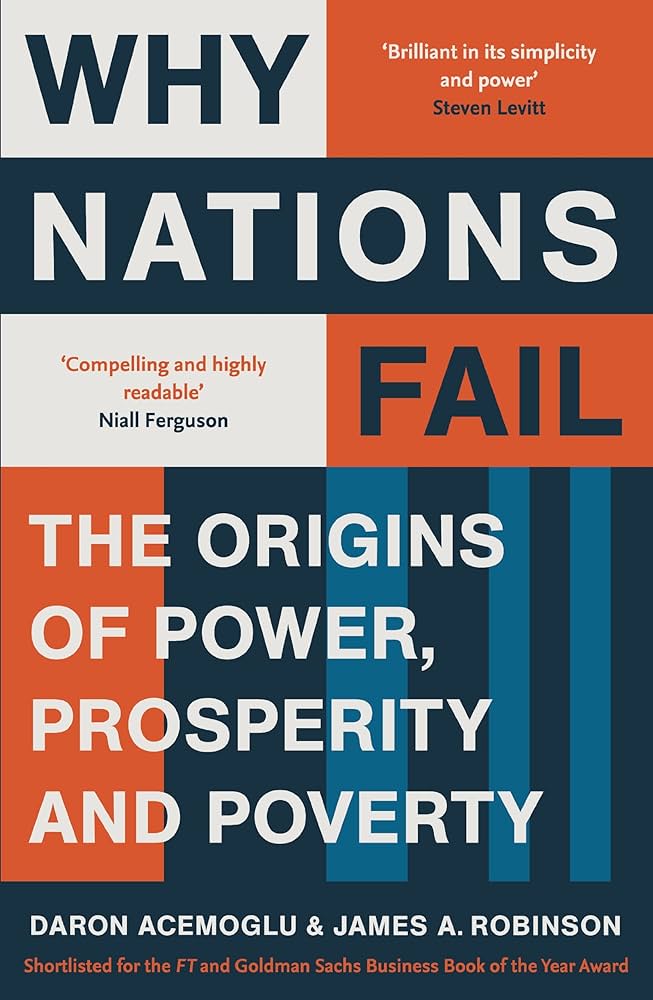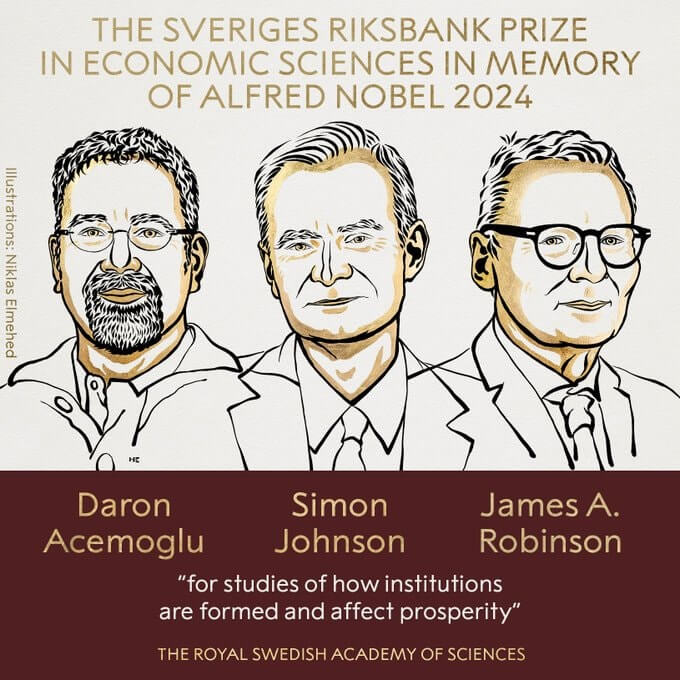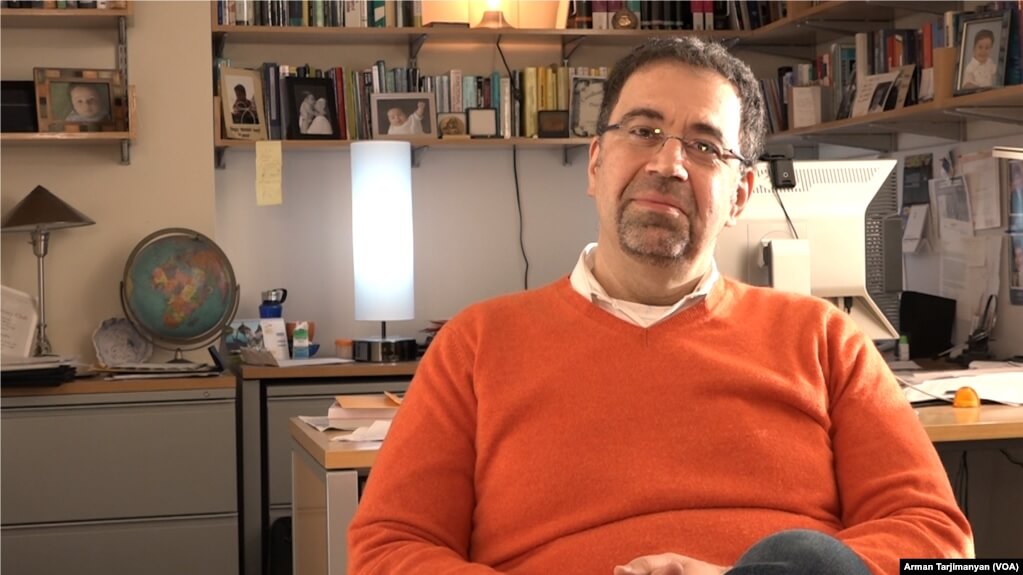Life, Education and Academic Career
Daron Acemoğlu was born in Istanbul on September 3, 1967. Coming from a Turkish family of Armenian origin, Acemoğlu spent his childhood in Turkey. Acemoğlu immigrated to the United States with his family, where he continued his education. After completing his primary education in Turkey, he graduated from the London School of Economics with a PhD degree at the age of 25.
After completing his PhD at the London School of Economics, Acemoğlu worked as an economics lecturer at the same institution. In 1993, he joined the Massachusetts Institute of Technology (MIT). Here he started his academic career as an assistant professor and rapidly advanced his academic career. In 2019, Acemoğlu was elected as an Institute Professor at MIT and made significant contributions in the field of economics.
As part of his work at MIT, he has conducted research on a wide range of topics including political economy, economic development, technological change and inequality. Economic growth theory and the impact of institutions on economic performance is one of Acemoglu’s main focus areas.
Books and Notable Academic Publications
One of Acemoglu’s best-known works is “Why Nations Fail”, co-authored with James Robinson. This book examines in detail the impact of institutions on economic development. Other important books include “Introduction to Modern Economic Growth” and “Power and Progress”. His academic publications provide in-depth analysis in various subfields of economics.

Besides the 2024 Nobel Prize in Economics, Daron Acemoglu has won many prestigious awards. In 2005, he received the John Bates Clark Medal and in 2012 he was awarded the Nemmers Prize in Economics. He also received the Honorary Science Award from the Turkish Science Association and the Sherwin Rosen Prize from the Society of Labor Economics.
The Road to Nobel
Daron Acemoglu, along with Simon Johnson and James A. Robinson, is known for his work emphasizing the role of institutions as the cause of international wealth differences. These studies show that while authoritarian regimes may stimulate economic growth in the short run, in the long run the lack of inclusive and transparent institutions hinders innovation and economic participation. Acemoglu’s contributions in these areas played an important role in his being awarded the Nobel Prize in Economics.

Acemoglu provides in-depth analysis of today’s economic and political challenges. Drawing attention to issues such as economic inequality, political inequality and social polarization, Acemoğlu argues that inclusive and transparent institutions are essential for sustainable economic growth. He also closely examines the effects of technological change on labor markets.
His Thoughts on Turkey and Turkish Politics
Daron Acemoglu critically assesses Turkey’s political and economic situation. While acknowledging that the transition from the Ottoman Empire to the Republic brought positive changes, Acemoglu notes that the concentration of power and economic activity has continued. Criticizing Turkey’s authoritarian rule in recent years, Acemoglu argues that the lack of democratic values and inclusive institutions has hindered the country’s economic development.

Acemoğlu frequently emphasizes Turkey’s difficulties and institutional weaknesses in the democratization process. Following the 2013 Gezi Park protests, he wrote in The New York Times that his belief that Turkey was moving towards a mature democracy had been shaken. In 2014, he wrote in Foreign Affairs that Recep Tayyip Erdoğan’s move away from democracy was negatively affecting Turkey’s economic and political transition.
Appointed in 2022 as an economic advisor to CHP leader Kemal Kılıçdaroğlu, Acemoğlu criticizes Turkey’s economic policies and emphasizes the importance of inclusive and transparent institutions for sustainable growth. He sees authoritarian tendencies in Turkish politics and the weakening of democratic values as threats to the country’s long-term economic growth. In his view, Turkey needs to strengthen democratic institutions and adopt inclusive policies in order to sustain its economic development.


 ByKus
ByKus Historia
Historia Logos
Logos Humanitas
Humanitas Mythos
Mythos Theologia
Theologia Persona
Persona Quid
Quid Gestae
Gestae Politico
Politico Mundialis
Mundialis Oeconomia
Oeconomia Athletica
Athletica Technologia
Technologia Medicina
Medicina Scientia
Scientia Astronomia
Astronomia Academia
Academia Lingua
Lingua Bibliotecha
Bibliotecha Instutia Online
Instutia Online Naturales
Naturales Humaniores
Humaniores Aesthetica
Aesthetica Cinemania
Cinemania Pictura
Pictura Sculptura
Sculptura Architectura
Architectura Musica
Musica Artificia
Artificia Atari
Atari











